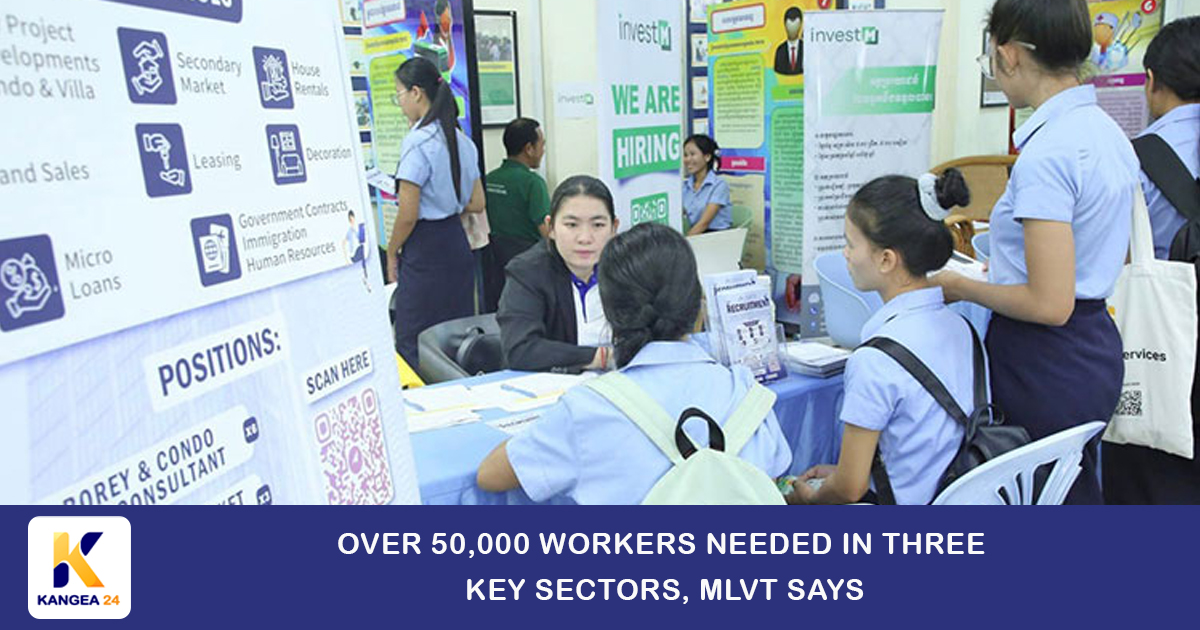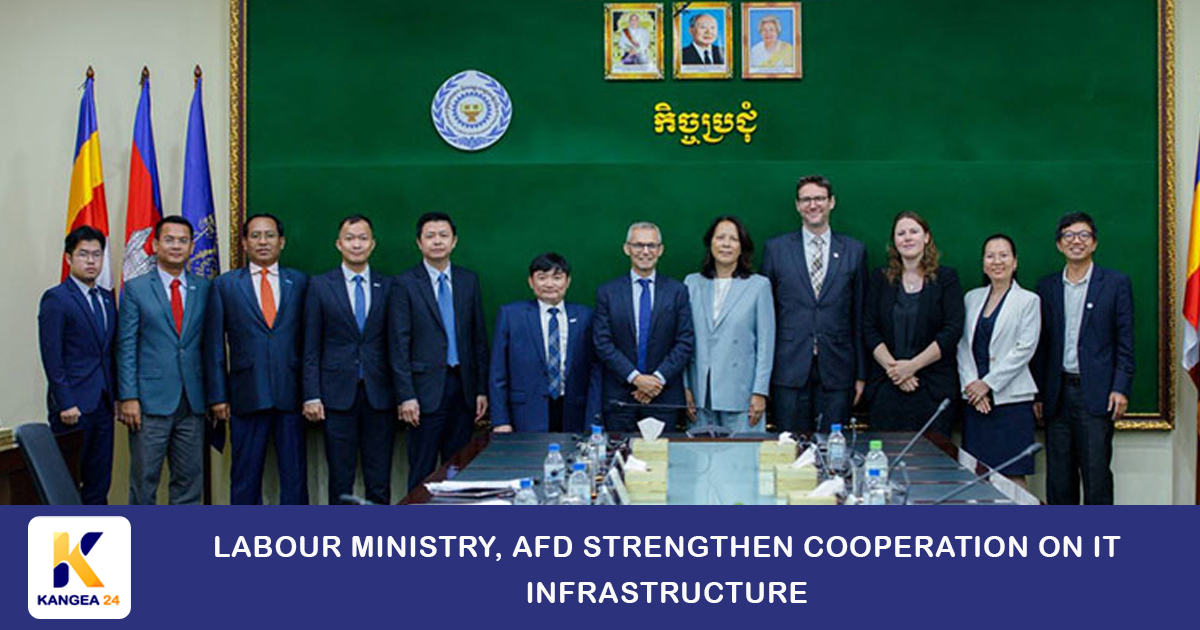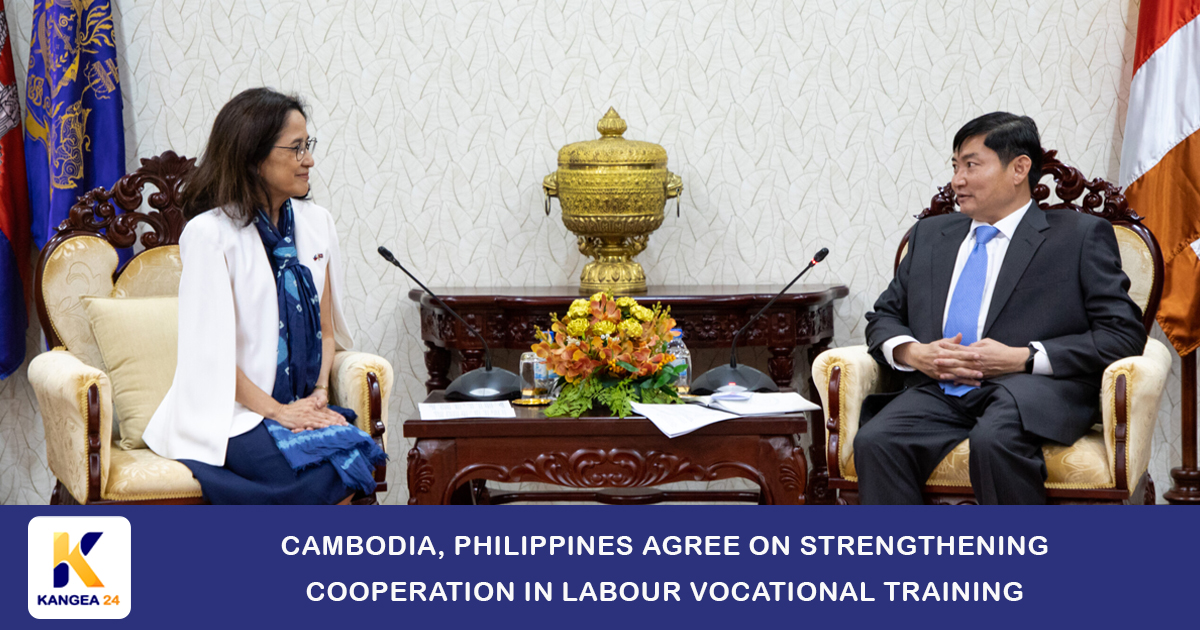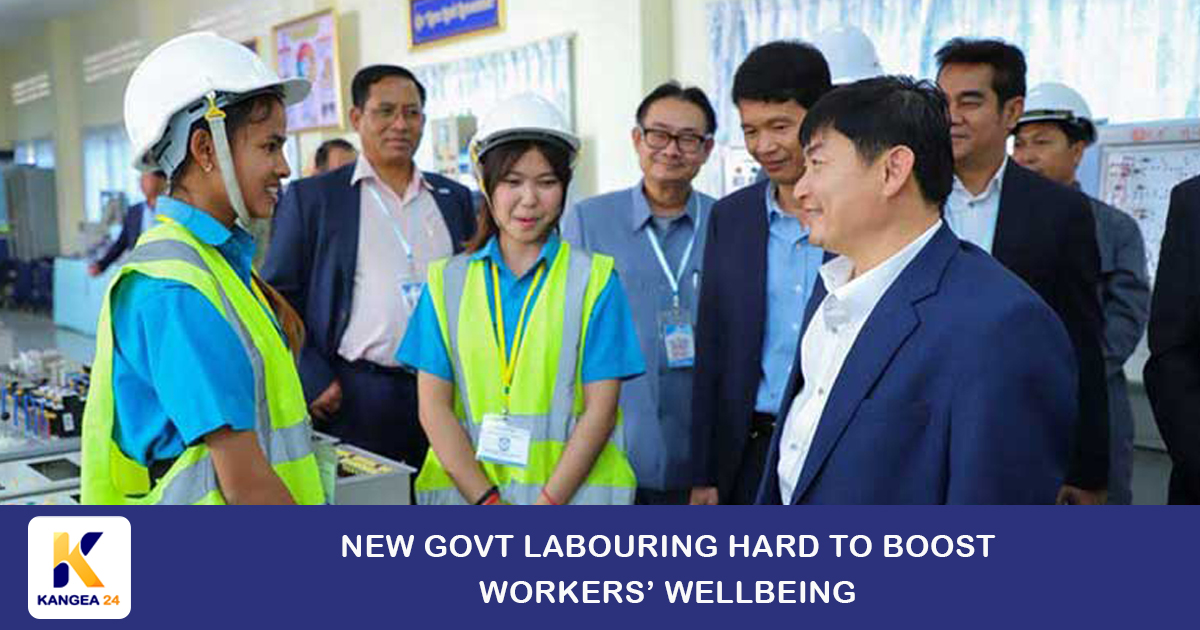





Heng Sour, Minister of Labour and Vocational Training, Tuesday said that the Royal Government of Cambodia (RGC) is committed to promoting green energy investments with electric vehicles (EVs).
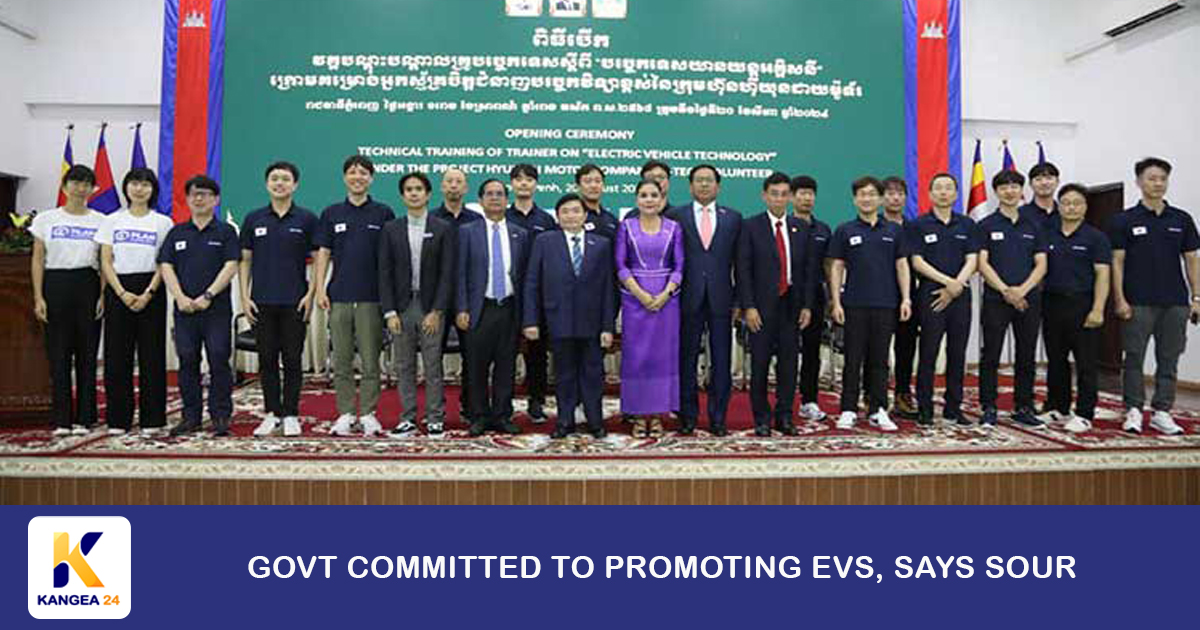
Presiding over the opening ceremony of the Technical Training for Electric Vehicles at the National Polytechnic Institute Cambodian Technology (NPIC), under the High Technology Volunteer Project of Hyundai Motors in Phnom Penh, Sour urged cooperation from the General Department of Technical and Vocational Education, National Polytechnic Institute of Cambodia and Technical and Vocational Education and Training Institutions to ensure the success of this key training programme.
In addition he also called upon Plan International and Hyundai for cooperation.
With focus on electric vehicles, hybrid, power, transmission, fault analysis, communication system and vehicle function, the initiative is a part of the project of high-tech volunteers of Hyundai Motor Co Ltd. There were 45 candidates from Phnom Penh and provincial institutions.
Sour said that the RGC has been relentless in its mission to diversify its economic structure from an agriculture-dependent economy. The first phase of the process involves the promotion of investment in high value-added industries and green industries.
The government, he said, has singled out the electric vehicle sector for its immense potential for helping to speed up economic base diversification.
“Cambodia’s EV sector has significant potential, particularly in light electric vehicles (LEVs),” said Yann Vaudin, founder of VOLTRA to Khmer Times on Wednesday. With 6.4 million motorcycles and only 0.85 million cars, the country is primed to benefit from electric motorcycles.
The potential is endless for this sector for many reasons but the main factors reflect highly on sustainability and affordability for the country and its people, said Chris Monteiro, General Manager, Global EV Co. Ltd. The utmost challenge is that the current mindset of the consumers is more in favour of gasoline vehicles and also practicality. The long term plan relies on the core values of EV, i.e. sustainability. Eventually the switch will be inevitable.
“LEVs (light electric vehicles) have lower purchase and operating costs than ICE motorcycles, making them a more feasible short-term solution,” continued Vaudin. As the government focuses on reducing emissions and urbanisation grows, now is the time to expand EV adoption, he added.
The current electricity network cannot support a large-scale EV increase, especially in urban areas like Phnom Penh. Major upgrades are needed for reliable EV charging. Despite favourable policies for EV components in 2022, the 10 percent special tax on lithium batteries in 2023 has reduced EV cost-effectiveness. LEVs, in particular, lack the same import incentives as electric cars, making them more expensive for consumers, said Vaudin.
The lack of stringent standards for LEVs, batteries, and chargers poses risks to consumers and low-quality products could flood the market, undermining the sector’s credibility. Greater public awareness of EV benefits and skills development in maintenance, repair, and battery recycling are essential to prevent stunting the sector’s growth, he added.
Cambodia can become a regional hub for EV manufacturing. With the right policies, companies can produce affordable LEVs for Southeast Asia, boosting the economy and environment. EV adoption will reduce reliance on fossil fuels and support the shift to renewable energy.
